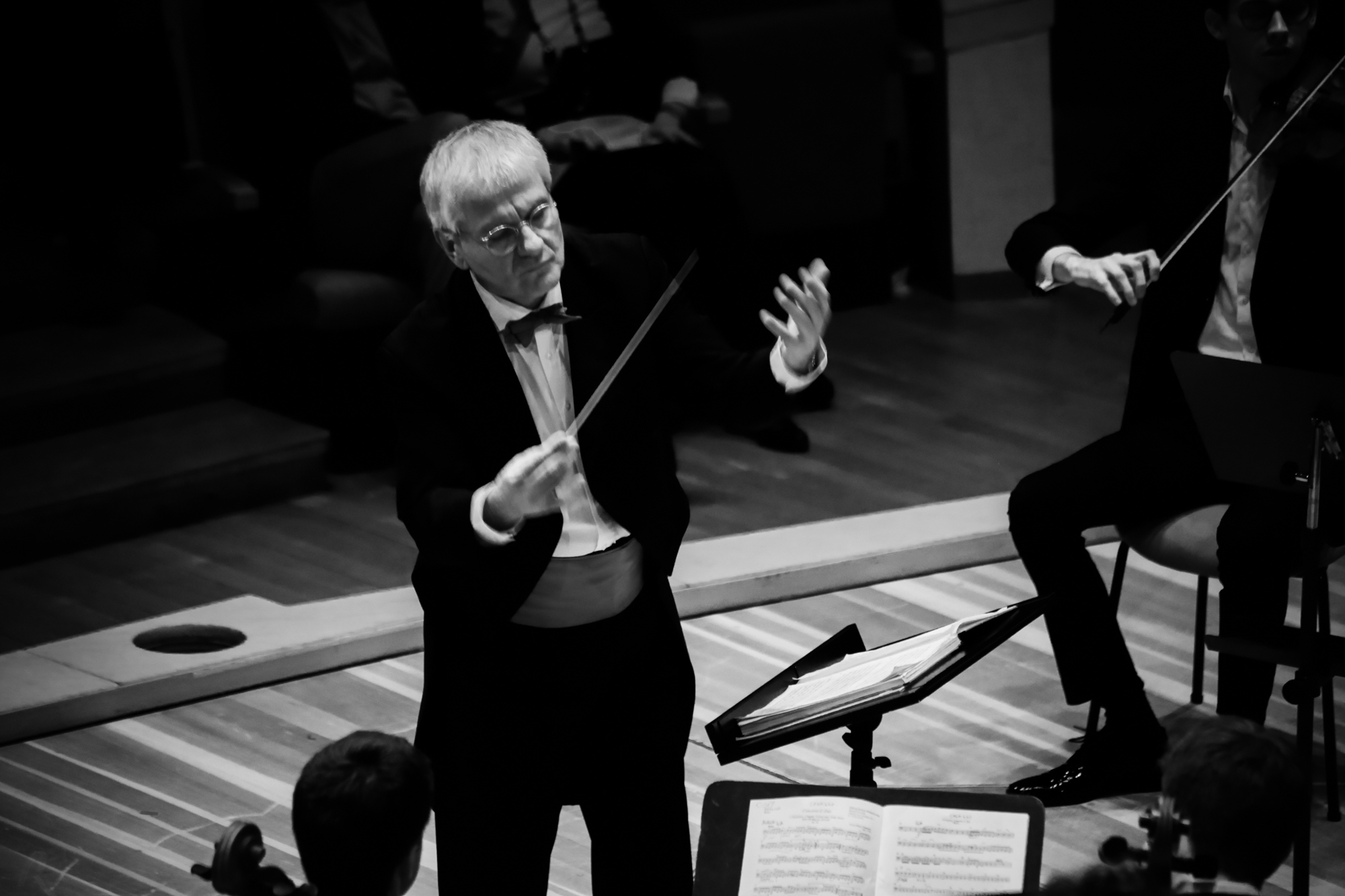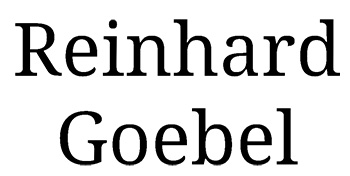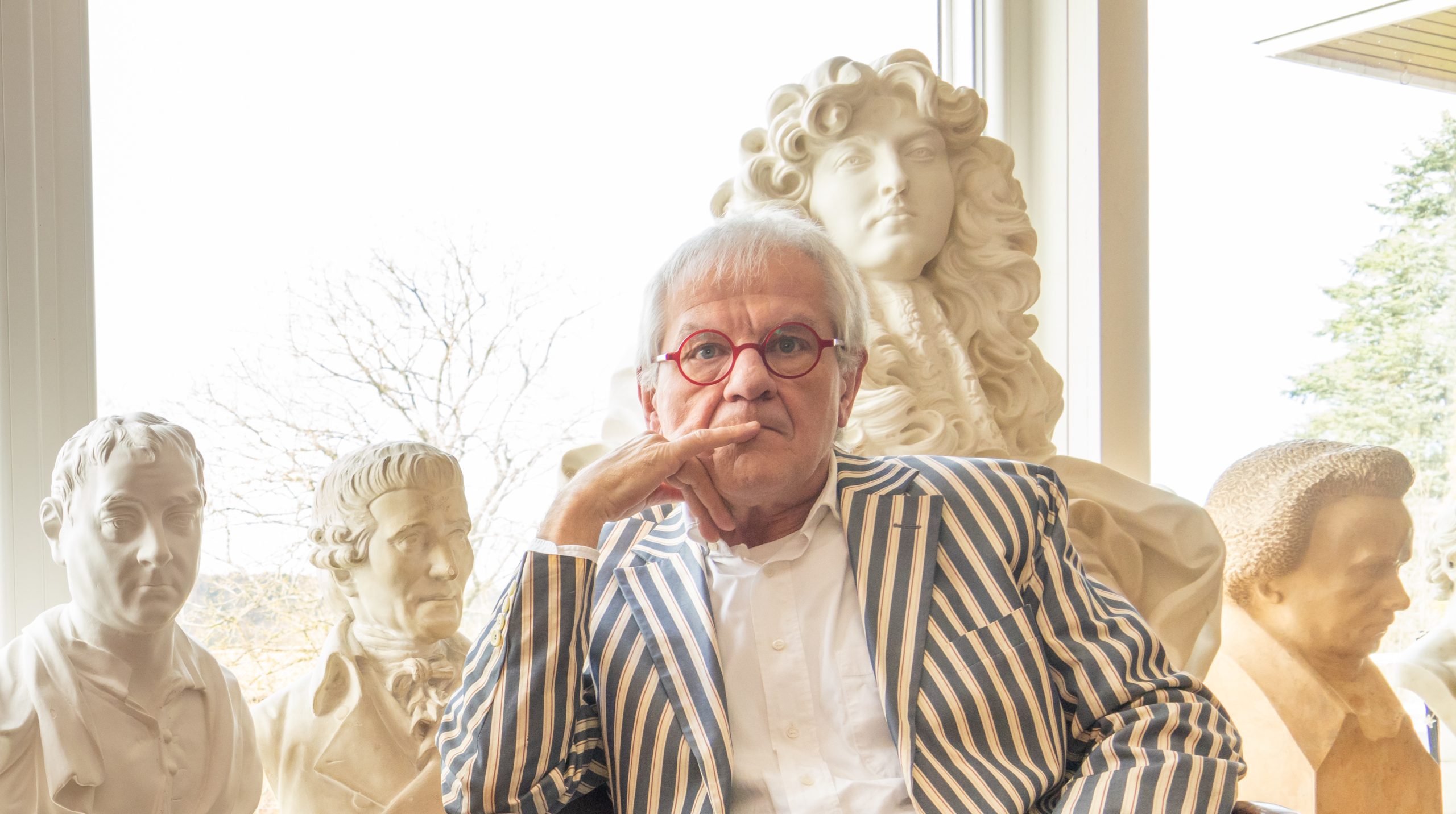
Biography
Reinhard Goebel is a living legend of early music and a rousing conductor of modern orchestras. He discovered his love of the baroque violin at an early age and has never ceased to meticulously scrutinize bowing and articulation, whether playing historical or “modern” instruments. Since founding his ensemble Musica Antiqua Köln half a century ago, he has been redefining performance practice, applying his approach to modern orchestras as well.
For over 30 years, Musica Antiqua Köln was Germany’s most virtuosic and influential baroque ensemble, setting the highest standards of historical performance practice and producing an impressive quantity of recordings. Goebel managed to sound as brilliant in the concert hall as he did on record – a rare exception in the field of early music.
Even as a chamber musician, the baroque violinist Goebel shook up the world of the 1980s with his luminous tone and varied bowing of the “Musicalisches Opfer” and the violin-and-harpsichord sonatas by Bach, Telemann or Corrette. Exploring the byways of music history has always been an intellectual pleasure for Goebel. This pleasure became the audience’s when Musica Antiqua turned into a baroque orchestra and big voices like Anne Sofie von Otter or Christine Schäfer gradually replaced the baroque singers of earlier recordings.
Soon a shift towards a more “traditional” sound became apparent, and since the turn of the millennium Reinhard Goebel has been moving towards a new medium: the modern orchestra. In search of truthful sound, he has now transferred the virtues of early music to modern strings with the same uncompromising approach. On the podium of various German radio symphony orchestras, he revived the Mannheim music of Cannabich and Johann Christian Bach, mixed up Viennese Classic and uncovered the forgotten composers in Mozart’s shadow. He had new things to articulate about even the best-known works of Mozart, and more and more orchestras followed his lead: The Bavarian Chamber Philharmonic and the Mozarteum Orchestra, the Karajan Academy of the Berlin Philharmonic or the Frankfurt Radio Symphony. He also conducted spectacular performances in France, the Netherlands, Switzerland, and Italy. This journey culminated in his major cycle of Beethoven’s contemporaries for the Beethoven Year 2020. However, baroque music continues to be one of his main focuses, for example in his work with the Berlin Baroque Soloists or the Neues Bachisches Collegium Musicum in Leipzig.
In 2010, Reinhard Goebel took over the chair for historical performance practice at the Mozarteum in Salzburg – not only for specialists in baroque violin. Both as a professor and as a conductor, Reinhard Goebel is characterized by passion, relentless precision, and a critical mind. He is an intellectual whose fire and sword come in the shape of a violin bow and a score.

